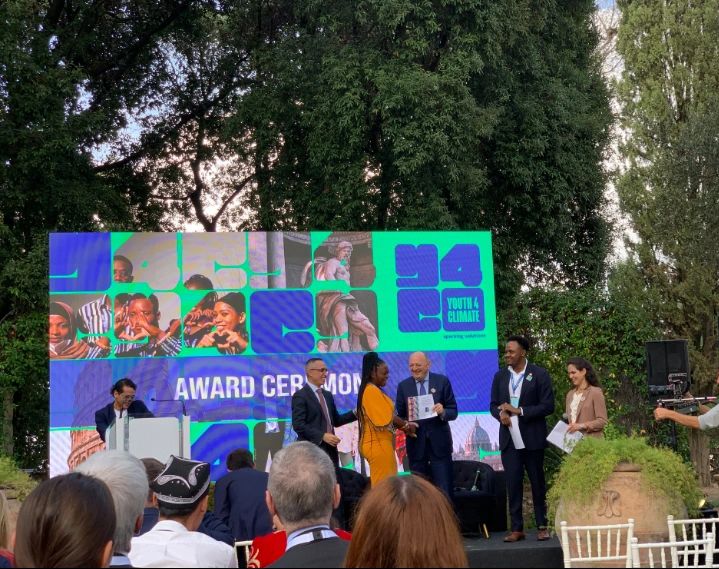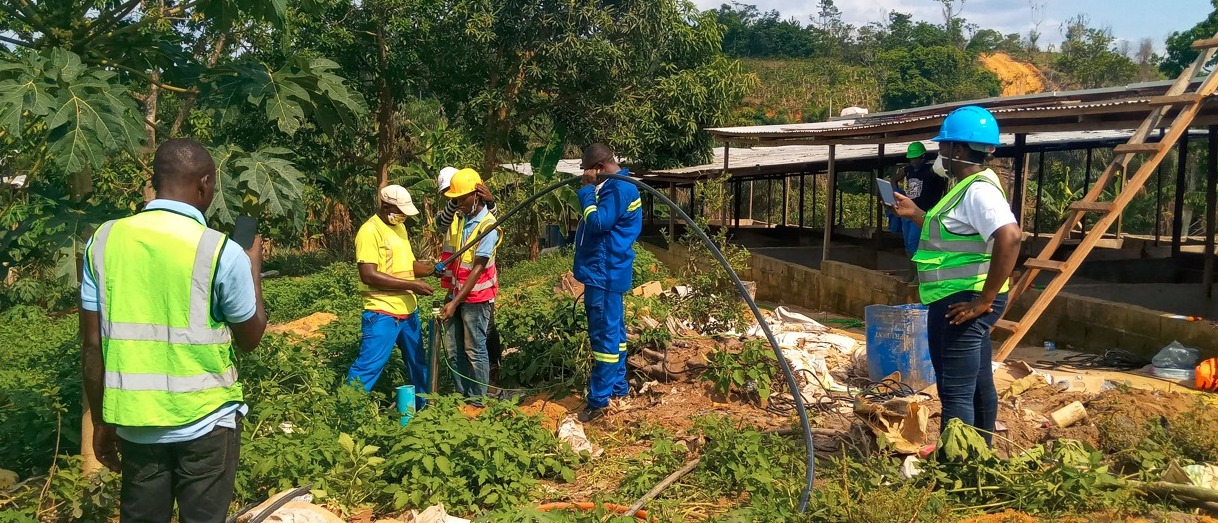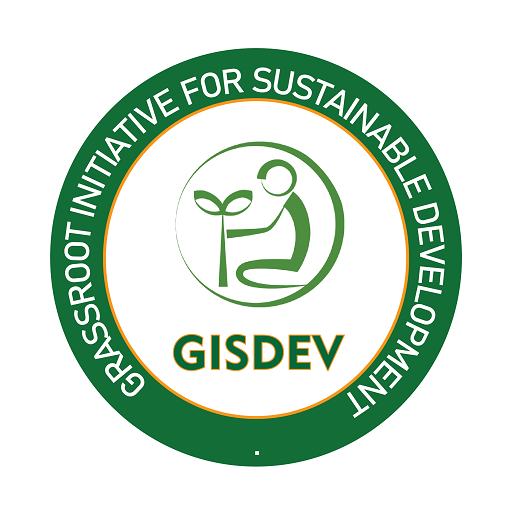Ensuring access to safe and clean water is a fundamental aspect of our work. We collaborate with local communities, governments, and other stakeholders to develop and implement water supply projects, such as the construction of wells, boreholes, and water treatment facilities. Through these initiatives, we aim to provide reliable access to clean water, reducing waterborne diseases and improving overall quality of life.
Proper sanitation facilities are essential for maintaining public health and dignity. In our efforts to promote comprehensive WASH solutions, we prioritize the construction of safe and sustainable sanitation facilities, including toilets, latrines, and wastewater management systems. By encouraging the adoption of improved sanitation practices and facilitating behavior change, we aim to reduce open defecation, improve hygiene, and prevent the spread of diseases.
Good hygiene practices are crucial for preventing the transmission of diseases and promoting overall well-being. Within our WASH department, we implement hygiene promotion programs that focus on education, awareness, and behavior change. Through community engagement, training sessions, and the distribution of hygiene kits, we empower individuals with the knowledge and resources to practice proper hygiene behaviors, such as handwashing, menstrual hygiene management, and environmental cleanliness.
Building local capacity is a key aspect of our WASH initiatives. We conduct training programs that equip community members, local organizations, and government agencies with the skills and knowledge needed to manage and maintain water and sanitation infrastructure. By fostering local ownership and empowering communities, we aim to create sustainable WASH solutions that continue to benefit individuals long after our interventions.
Innovation plays a crucial role in addressing complex WASH challenges. We invest in research and development projects to explore innovative technologies and approaches that can improve water quality, sanitation systems, and hygiene practices. By harnessing technology and promoting innovation, we strive to find sustainable solutions that can be replicated and scaled up to benefit larger populations.
Advocating for WASH issues is an integral part of our work. We collaborate with local and international partners, advocate for policy changes, and raise awareness about the importance of WASH on various platforms. By working together with governments, NGOs, and communities, we aim to create a supportive environment that prioritizes WASH and ensures the sustainability of our efforts.
At GISDEV, we are committed to harnessing the power of the Empowerment Ripple Effect to drive sustainable change within communities. Our unique strategy begins with identifying the unique needs of community members, which serves as a foundation for our initiatives. We then focus on mobilizing, connecting, and empowering individuals and community structures, aiming to create a ripple effect of empowerment that extends far beyond our direct beneficiaries. By empowering individuals and fostering a sense of shared responsibility, we believe we can create a lasting impact and promote positive change within the broader community.


